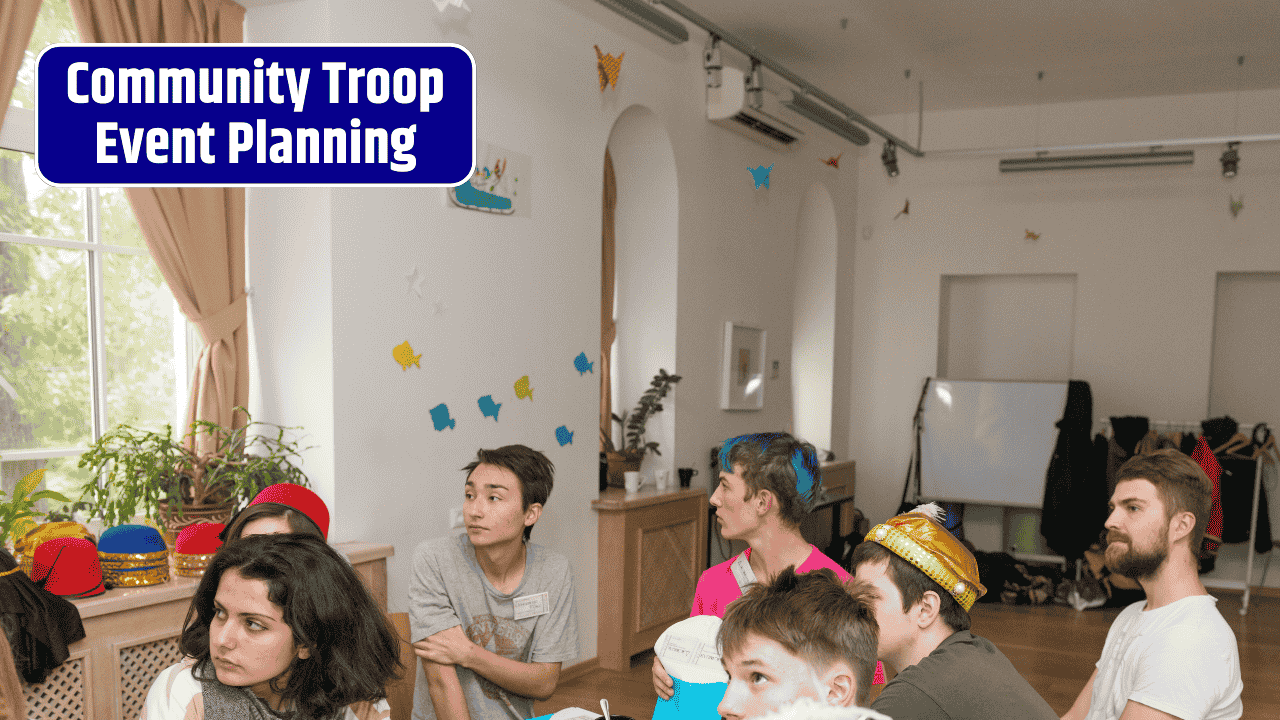Scouting has long been recognized as a movement that builds character, leadership, and a sense of community in young people. But beyond the camping trips and merit badges, one of the most powerful aspects of Scouting is its commitment to diversity and inclusion. In an increasingly interconnected and multicultural world, Scouting helps young people understand, appreciate, and celebrate differences—making it a valuable force for social unity.
Scouting Welcomes All Backgrounds
One of the core principles of Scouting is to be open to all, regardless of race, religion, nationality, gender, or socio-economic status. This open-door policy encourages children and teens from all walks of life to come together in a shared space of learning and adventure. By interacting with peers from diverse backgrounds, Scouts gain firsthand experience in understanding perspectives different from their own.
Building Respect Through Shared Experiences
Whether it’s working together to set up a tent, navigating a trail, or earning a badge, Scouts regularly collaborate with others toward common goals. These shared challenges break down social and cultural barriers and promote mutual respect. Scouts learn that everyone has something valuable to contribute, which fosters empathy, patience, and teamwork.
Teaching Values That Support Inclusion
The Scout Law emphasizes values like kindness, loyalty, and respect for others. These values naturally support a culture of inclusion. By living out these principles, Scouts are not only encouraged to accept others—they’re taught to advocate for fairness and stand up against discrimination or exclusion.
Inclusive Leadership and Representation
In recent years, major Scouting organizations have taken proactive steps to reflect the diversity of the communities they serve. This includes promoting inclusive leadership, allowing girls to join traditionally male troops, and creating programs that are sensitive to cultural and religious needs. Diverse role models within the organization help young people see that leadership and belonging are for everyone—not just a select few.
Fostering a Global Perspective
Scouting is a global movement, and many programs emphasize international awareness and cooperation. Through global jamborees, pen-pal exchanges, and multicultural events, Scouts connect with peers from around the world. These experiences teach cultural awareness and broaden worldviews, laying the groundwork for more inclusive attitudes in adulthood.
Why It Matters Today
In today’s society, fostering inclusive environments is more important than ever. Young people who grow up in diverse, respectful communities are better equipped to thrive in school, at work, and in their future relationships. Scouting’s emphasis on inclusion helps develop not just capable leaders, but compassionate citizens ready to contribute to a more equitable world.
FAQs
What is the main goal of diversity in Scouting?
To ensure all youth feel welcomed, respected, and empowered regardless of their background.
How does Scouting address discrimination?
Scouting teaches values that oppose discrimination and encourages Scouts to be upstanders—people who speak out and take action when they see injustice.
Can girls join Scouting organizations?
Yes, many Scouting organizations now welcome girls and offer co-ed programs to promote equal opportunities.
How does Scouting prepare youth for a diverse society?
Through teamwork, leadership, and exposure to different cultures and perspectives, Scouts learn to work effectively and respectfully with people of all backgrounds.
Are there special programs for underrepresented groups?
Yes, many Scouting councils offer outreach programs and partnerships designed to engage underserved communities.









